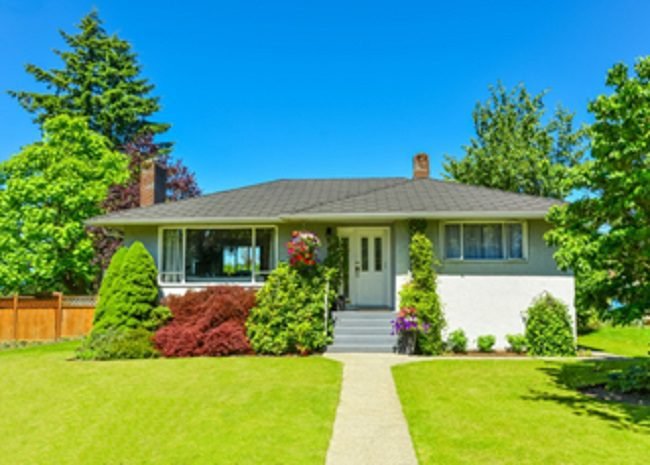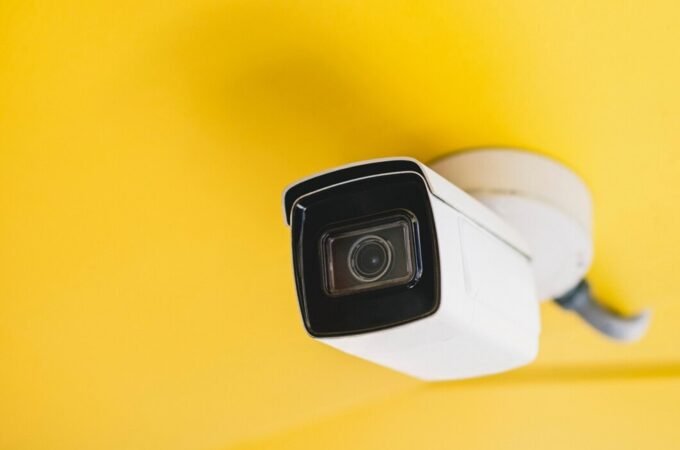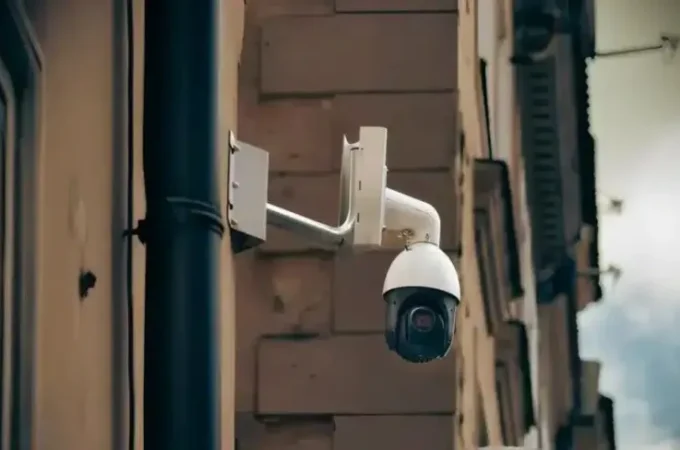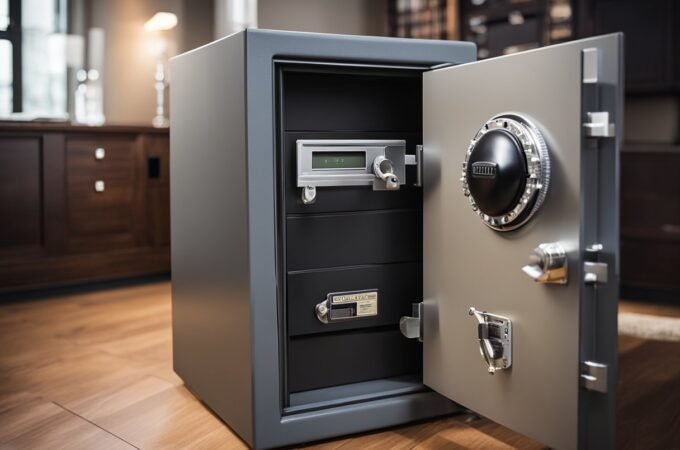
Security Features for the Average Home
Posted guards, flashing lasers, snarling dogs and roving cameras — you might see these security features in a silver-screen thriller, but do you really need them to protect your own home? Unless your home is a mansion filled to the brim with valuables — and even if it is — the answer is “probably not.”
The average home doesn’t benefit much from high-tech security features because the average home only attracts the average burglar. Most home invasion crimes are crimes of opportunity or impulse rather than strict planning — you are more likely to get robbed by a klepto cousin with your house key than you are a Moriarty-type criminal mastermind.
Still, it will serve you well to protect your home with basic security. The following security features make your property a less-than-prime target and will give you peace of mind about your safety.
Table of Contents
ToggleNew Locks
One of your first steps as a new homeowner should always be to install new locks, especially around your home’s exterior doors. Even if you know the previous homeowners, you don’t know who they gave key duplicates to, and you don’t know if those people made additional copies and distributed them. You don’t want a stranger to have full access to your house while your away (or especially while you are home), and changing the locks will render all previous key copies useless.
The most important locks on your home are your doors’ deadbolts. Unless you have crossbars or some more extreme locks in place (which you probably don’t need) your deadbolts are your strongest defenses against break-ins. Doors that are near windows should employ double cylinder deadbolts, which require a key on either side for unlocking; this prevents someone from smashing a small hole in a window and reaching through to unlock your door.
While you’re at it, you should install locks on any and all windows accessible from the outside, which includes all windows on the ground floor and basement and many second-story windows, too. You should understand what style of windows you have, so you install the strongest possible locks on them. You might also apply security film, which makes it virtually impossible for criminals to smash the glass and clamber through.
Alarms

Sometimes, criminals manage to get inside even when you make it impossibly difficult to do so — and you should be able to greet these intruders with an overwhelming amount of noise. Sound is a burglar’s worst nightmare; it alerts neighbors to their illegal activities, and neighbors often summon authorities. You should invest in the best home security system possible, which will install sensors on doors and windows to ensure that any unauthorized activity is met with klaxons and police.
Unfortunately, as with locks, alarms only work if you use them. Too many alarms are too complicated to operate, with the result that homeowners only employ them when they will be gone for long periods, like on vacation. Unfortunately, most break-ins occur during daylight hours, when you are away at work, which means you need to activate your alarm every time you are away as well as any time you go to sleep.
Lighting
While not as many home invasions occur during nighttime, light remains a crucial element of home security — if only because it is such a simple solution. As with sound, light draws attention to burglars’ activities, meaning criminals are less likely to target a well-illuminated home. If you don’t want to leave your exterior lights burning all hours of the day and night, you might install timers, which will turn them on and off during scheduled periods. An even better solution is installing motion sensors, which cause the lights to turn on when something moves. More often than not you’ll be alerted to bugs or bunnies, but the sudden illumination will also catch and scare burglars.
Landscaping
Your exterior lighting won’t do much if criminals can hide in the bushes and evade detection. Your landscaping plays a prominent role in how attractive your home is to home invaders; if there is an abundance of greenery or high walls obscuring entryways, you better believe your house is a prime target. You should try to keep your doors and windows as visible to the street as possible, so attackers will feel vulnerable trying to gain access. Trees and large shrubs should be kept well-pruned, and you might even plant some security plants, like pyracantha and roses, which have thorns to snag clothing and skin.
You don’t need the most expensive home security features available to keep your property safe from burglars. A few high-quality, well-chosen tools will protect you from the vast majority of threats and ensure that you and your family don’t come to harm.





